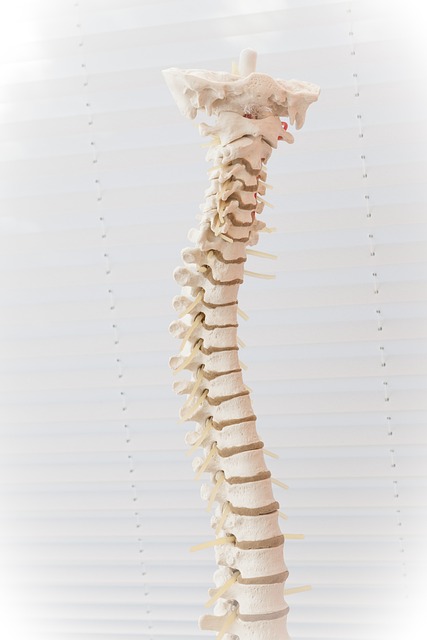
Your spine has numerous curvatures allowing you to move in multiple directions and live freely. Unfortunately, most people don’t properly care for their spines, leaving them vulnerable to serious conditions such as slipped discs, sciatica, and even arthritis.
1. Get Regular Exercise
Regular exercise is a great way to protect your spine and improve overall health and wellness. Exercise can help strengthen muscles, improve flexibility and mobility, and even produce beneficial endorphins, which reduce stress on the spine.
Aiming for at least 30 minutes of moderate activity each day will help ensure you do what you need to promote good spinal health. Everyone should find an activity they enjoy, such as walking, jogging, swimming, or biking, and make it part of their daily routine.
2. Maintain a Good Posture
Good posture is essential for maintaining a healthy spine. Keep your back straight, and your shoulders relaxed when sitting or standing.
3. Get Adequate Rest and Sleep
Ensuring that you get adequately rested can have a major impact on the health of your back. Without proper sleep, you can experience an insufficient healing period which can worsen your condition instead of improving it. Aim to reach seven to nine hours a night of quality rest – anything less or more could be detrimental. If you feel drowsy during the day, try making small changes like exercising or eliminating caffeine intake after 3 PM to ensure that you take care of your body and get the rest it needs.
4. Maintain a Healthy Weight
Staying at a healthy weight has many notable benefits and can help to stave off back pain. A balanced and nutritious diet, combined with regular exercise, can ensure that your body stays in an ideal condition for reducing aches, fatigue, and general discomfort linked to carrying extra weight.
Ensuring that your spine bears less strain and stress may lead to more comfortable physical activities and better posture -all crucial for maintaining complete health. Make sure that when it comes to upkeeping an optimal weight, you watch what you eat and how active you are daily, such as walking more often or taking the stairs instead of the elevator.
5. Seek Professional Medical Advice
Experiencing persistent back pain or mobility problems can be difficult and should not be taken lightly. If you have difficulty managing your condition, seek professional medical advice for specialized guidance and treatment that addresses your specific needs.
Speak with a physician or physical therapist for the best-tailored solutions for relieving your pain in the long term. For example, a back and spine specialist in Phoenix provides an array of treatments for chronic lower back pain and spinal cord injury so you can find relief and remain active. Seeking specialized help is vital for finding effective solutions for managing spinal health conditions.
6. Take Breaks from Sitting
Sitting for long periods can cause tension and strain in the spine, potentially leading to pain and discomfort. To help combat this, it’s important to often take breaks from sitting or try standing desks which allow you to work while standing instead – a great way to reduce the amount of time spent sitting. Standing for at least a few minutes helps decrease body strain, increases energy levels, improves focus and concentration, and has health benefits such as reducing the risk of certain diseases.
7. Use Proper Ergonomics
Proper ergonomics are important in maintaining and taking care of your spine. Investing in a properly designed chair, keyboard, and desk can pay off in the long run by helping reduce strain on the spine and keeping it from becoming uncomfortable.
You may think you can skimp on these items and save money, but this is not recommended, as their advanced designs are key for spinal health. They keep your back aligned with the proper support and reduce stress-related fatigue, musculoskeletal disorders, finger numbness, and other issues from using regular furniture for too long.
Conclusion
By following these tips for taking good care of your spine, you can help maintain optimal health and avoid back pain and injury. It is important to listen to your body, take regular breaks from activities that cause strain or discomfort, and seek professional.


